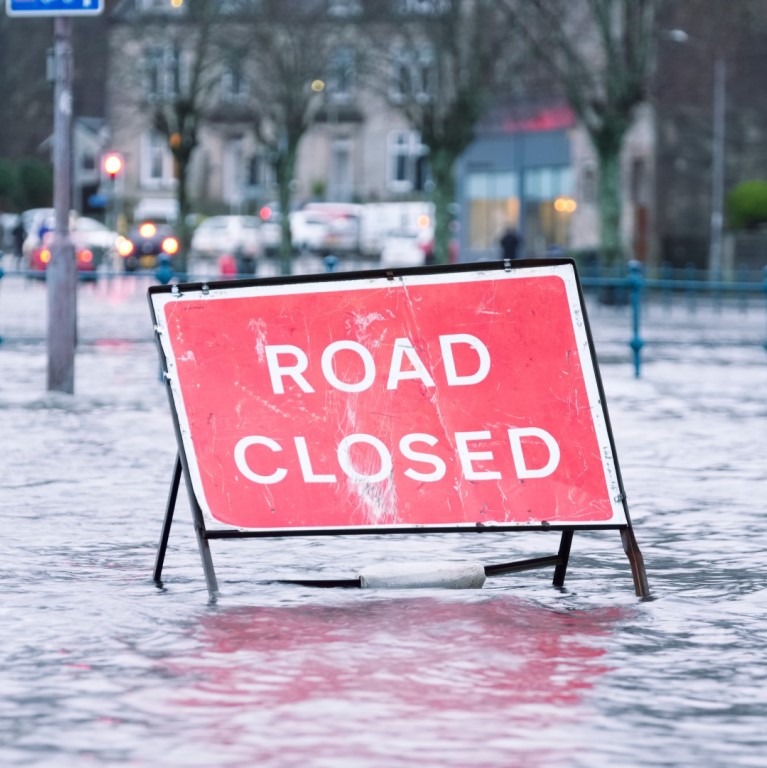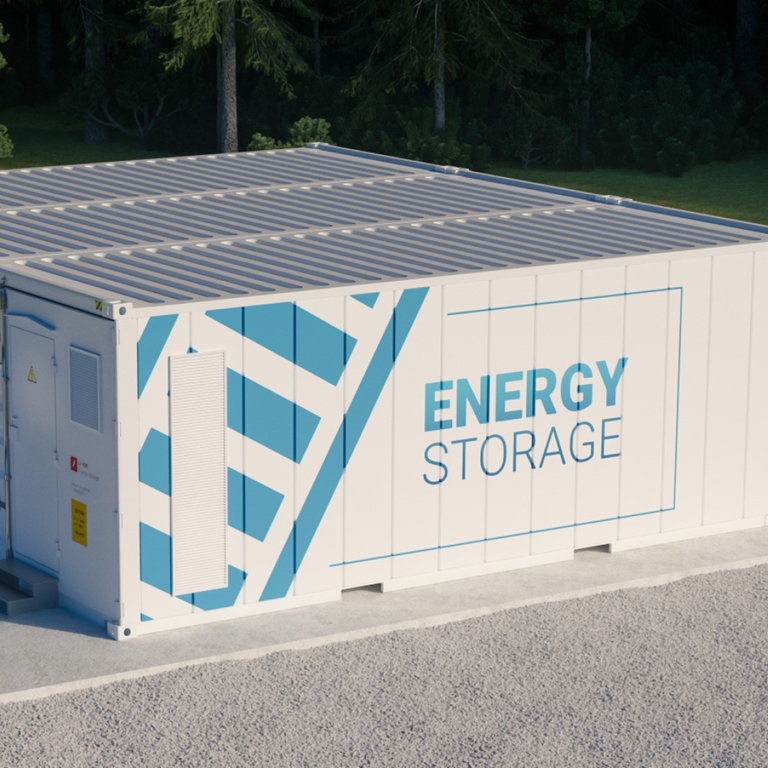The COP26 climate conference in Glasgow drove a renewed focus on achieving net-zero – when the carbon we release into the atmosphere is balanced by the carbon we take out – as the UK seeks to play its part in international efforts to limit the effects of human induced global warming.
Reducing carbon emissions from burning fossil fuels is a major part of that, but so are efforts to reduce the climate impact of specific industries – including farming – with the overall aim of reaching carbon neutrality, or net-zero, by 2050.1
A balancing act for farmers
In fact, farming has a key role to play in achieving net-zero. The industry covers 17m hectares, more than 71% of the UK landmass – so, farmers play vital roles in feeding the nation, but also as guardians of the natural environment.
On the other hand, farming activity accounts for 10% of the UK’s greenhouse gas (GHG) emissions – from nitrous oxide (N20) to methane (CH4) – so it is clear the industry faces a period of sustained change if it is to play a successful role in the UK’s journey to net-zero.2
This is the difficult balancing act that farmers now face. How to balance the twin priorities of crucial food production and the change needed to reduce the industry’s climate impact. Clearly that change cannot happen overnight, but farming’s journey to net-zero is already beginning.2
So, what will that journey look like, and what are the steps that farmers can take along the way?
The farming journey to net-zero
These are questions that farmers across the UK will be wrestling with, but the challenges ahead, and the need for direction and support, have not gone unnoticed.
The Royal Agricultural Society of England published a report – Farm of The Future: Journey to Net-zero – which sets out in great detail the opportunity for farmers to strike the right balance between productivity and change, to make a real and essential contribution to the UK’s net-zero journey.
At its heart the report argues that the farming journey to net-zero must start with ongoing reduction of carbon emissions, pointing out that fossil fuels will have “no place on our farms” by 2050. However the report goes much further than that, detailing the wider role the industry can play in driving the UK towards net-zero overall – including making soils ever more capable of capturing and storing carbon.2
In summary, beyond phasing out fossil fuels, the report sets out a range of priorities for farming, which include:2
- Making more careful use of farming inputs like nitrogen fertilizers, which are thought to contribute around half of man-made global emissions of the GHG, nitrous dioxide.3
- An increasing focus on regenerative cultivation – using sustainable agriculture techniques to protect and regenerate topsoil, as well as planting hedges, trees and cover crops, and moving away from monoculture crops to promote biodiversity and increase carbon capture in soils.4
- Maximising value from bioresources like farm waste in order to adopt circular economy principles.
- Creating efficiencies by adopting emerging business models and technologies such as robotics, artificial intelligence, and hands-free farming, where applicable.
- Working with supply chain partners including feed suppliers, supermarkets and consumers to reduce greenhouse gas emissions.
The full report is available from Royal Agricultural Society of England.
Farms of the future: preparing for change
Of course, this is just a flavour of the changes on the horizon for farming business as they set out on a journey to net-zero and each farm will find its own challenges and solutions along the way.
But whatever steps farms take along this road, it is important to remember that there are risks associated with implementing net-zero strategies. For instance, a move to electric vehicles, low-carbon machinery and equipment, new working processes, even new or diversified business models can all change a farm’s risk profile and therefore its farming and agriculture insurance needs – so it is vital to talk to your broker or insurer about your net-zero plans before taking tangible action.
Here to help
It’s time to embrace the reality of climate change. Whether you’re right at the beginning of your journey to net-zero, have taken the first few tentative steps, or are well along the road to carbon neutrality, we are here to help. For further information visit our net-zero resource centre, explore our farming and agriculture insurance and farm diversification insurance solutions, or contact one of our farming risk and insurance specialists for advice and support.
Sources
1. ukcop26.org/cop26-goals
2. ‘Farm of the future: journey to net-zero’ Royal Agricultural Society of England, March 2022
3. carbonbrief.org/nitrogen-fertiliser-use-could-threaten-global-climate-goals
4. en.wikipedia.org/Regenerative_agriculture


